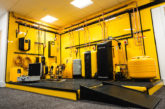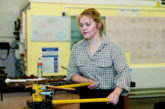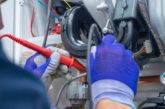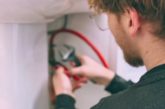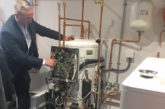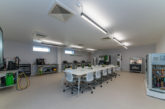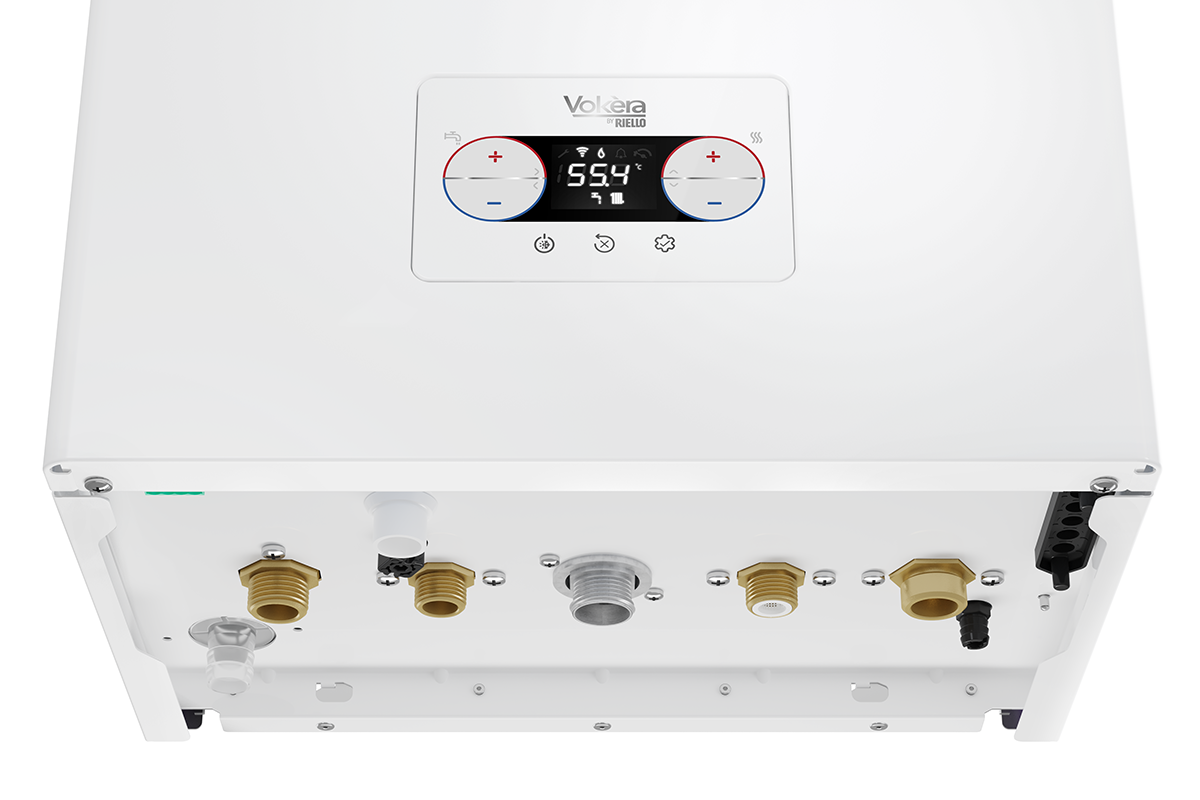
Neil Mattock, Marketing Director and Head of Training at high-efficiency heating and hot water solution provider Vokèra by Riello, examines why engineer training is crucial to effective heating system installation and energy-efficient homes.
As smart technology becomes more of a driver in terms of a heating appliance’s manufacture and function, it is vital that installers are able to keep pace with the changes to ensure systems perform as-designed. Training is crucial to achieving such an outcome, which should see manufacturers taking the lead in providing personnel with the necessary skills and knowledge to install their products to the highest standard. The introduction of systems such as heat pumps has given heating system installers so much more to consider. Therefore, maintaining a good level of up-to-date training is as important to engineers as any qualifications they may possess.
Installers, however, are very busy people. As many a customer will testify, acquiring the services of a specialist to assess or repair a heating system – particularly during winter months – is often a frustrating, time-consuming process. Therefore, it’s appreciated that asking a heating professional to set time aside from an incredibly heavy work schedule in order to receive product tuition could be seen as a tall order.
Hence, manufacturers need to display a degree of flexibility in the training they’re able to offer. There is no substitute for in-person, ‘hands on’ training but as has been established, it is not always the most practical method for those in full-time employment.
Hybrid training
At Vokèra, we devised a hybrid training programme involving remote webinar sessions and direct, ‘hands-on’ learning. This proved far more convenient for installers, with the e-learning modules being accessible late afternoons and evenings. Our modules focus on a range of issues which we believe enhance heating system installation and maintenance. So, as well as tutoring installers on the latest Vokèra product innovations, our training courses include a focus on compliance with regulation changes, considerations when installing heat pumps, hybrid integration etc.
For customers requiring a more in-depth look at our products, we shall be providing workshops to suit a particular need. This is because we believe manufacturers have a huge part to play in helping train the installers of the future. This in-turn is paramount to delivering the low carbon heating solutions the UK needs to create a less-polluted, more energy-efficient built environment.
Untapped recruitment resource
The UK government has pledged to support the growth of the heat pump market to around 600,000 installations per year by 2028. It’s an ambition that will require an increase in the number of skilled installation operatives if it is to be fulfilled. If the industry needs to look further afield to secure the additional operatives it needs, perhaps it could boost the recruitment of those entering the engineering aspect of the business as a second career choice. An equal amount of focus could also be given to increase the number of women entering the trade. In both instances, the sector is overlooking a huge recruitment resource at a time when a greater range of expertise to call upon is essential. Yet, few if any industry marketing campaigns appear to be specifically designed to attract older recruits.
For the more experienced end of the employee market, those considering a second career choice need to know that as a heating engineer, they will earn professional fulfilment and financial reward. The country will always need people with their skills, so job security is another benefit of retraining as a heating engineer.
Previously, we’ve partnered with colleges and training centres, providing products and guidance for students on new entrance courses. These programmes were aimed at youngsters who had recently achieved their NVQ Level 3 qualification, which is needed to practice as a ‘Gas Safe’ heating engineer. Whilst these courses are vital to the development of apprentices who have not long left education, the opportunity and the need is there to create programmes aimed at more mature trainees.
Career swap
The type of person who might be interested in a mid-stream career swap to take up heating system installation and repair might not necessarily be an industry newcomer. Someone with an engineering background and a particular interest in decarbonisation would certainly find heating an exciting new challenge due to its huge emissions impact. Such a candidate might feel they could make a difference to heating’s carbon output, particularly with the introduction of renewables including heat pumps to the market.
Furthermore, IT professionals might view a move to becoming a heating engineer as a chance to blend their skills and offer a more sophisticated service involving connected thermostats, smart controls and the like.
From my years in the industry, I’ve found heating engineers to be very passionate about their trade. They love the challenge of deciphering how best to make a heating system work for the customer and result in a solution that is cost-effective and works with optimum efficiency.
As with the campaign to address the shortfall in the skilled construction personnel, it’s so important to drive home the message that age and gender are no barrier to becoming a plumbing and heating engineer. However, I would suggest, the desire to learn a new and valuable skill as part of a profession that will help secure our future sustainability is requisite for the role. If you’re one of those people, I think I can speak on behalf of many heating system manufacturers in saying, ‘Your industry needs you’.


